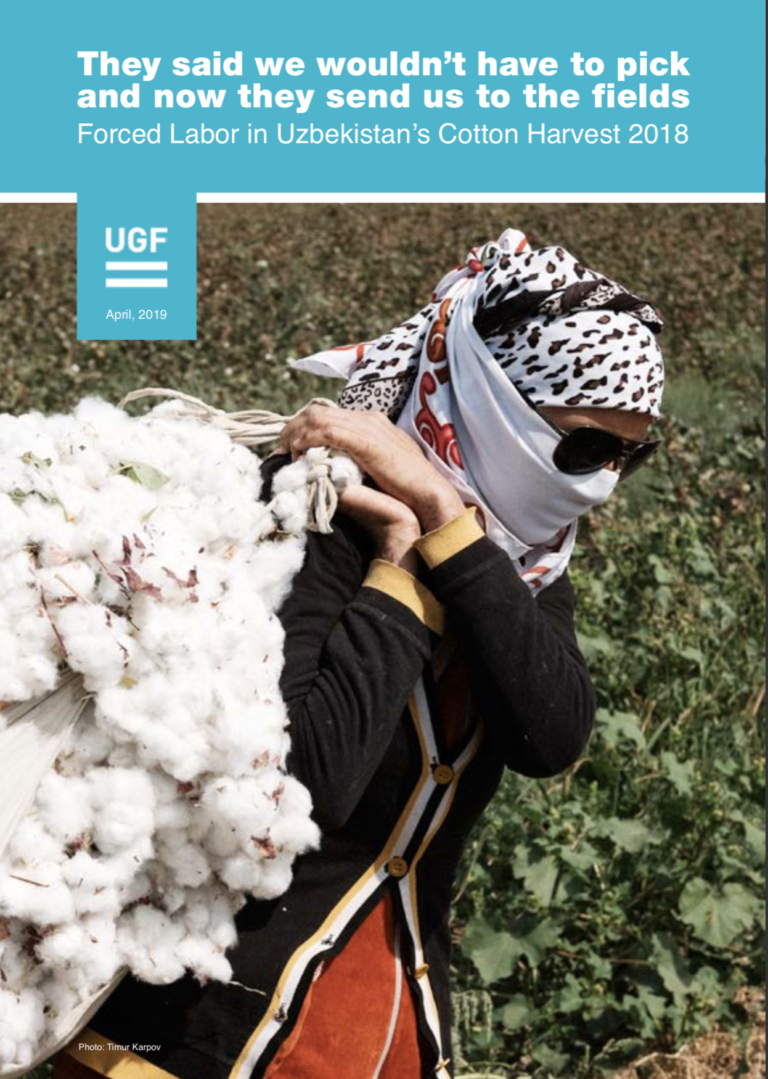Uzbekistan’s 2018 cotton harvest, which concluded in all regions of the country in the last week of November, showcased the enormous challenges in uprooting the country’s deeply entrenched forced labour system. Driven by a commitment to reform at the highest levels of the government, there is a significant transition underway which is reflected in some encouraging signs of progress. But despite serious efforts by the central government to curtail forced labour for some citizens, key root causes remained in place, resulting in officials at both the local and national level to force citizens into the fields again and extort companies and organizations to provide resources and labour to cover shortfalls and ensure that the state set quota was fulfilled.
In 2018, forced labour remained a systemic problem because its structural underpinnings remained in place. The government has not yet enacted essential deep reforms, in particular of the government procurement or quota system that is a main driver of forced labour. As in previous years, the government continued to assign cotton production quotas to regions and districts and impose responsibility to fulfill these on officials. While significant increases in payment for cotton picking did increase voluntary participation in the harvest, especially in the early stages when cotton is most abundant and pickers can earn the most, this was not sufficient to cover labour shortfalls in low population districts or later in the season when working conditions worsened and pickers could earn much less. As a result, officials turned to public sector institutions as well as banks, enterprises, and businesses to send their employees to the fields or pay for pickers, to cover costs for these pickers, and, in some regions, to deliver cotton quotas. Identifying forced labour as theresult of structural problems and policies under central control and not just the result ofpoor management practice by individual local officials, is important in order to identify appropriate reforms to address the underlying causes of the problem.

